Demystify the top ten advantages of copper core cables!
Demystify the top ten advantages of copper core cables!
As we all know, copper core cables are the most common type of cables, so do you really know all the advantages of copper core cables?
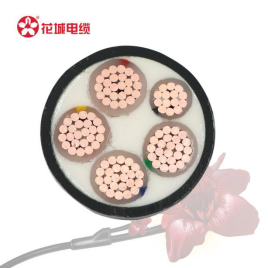
Ten advantages
1. Low resistivity: the resistivity of aluminum core cable is about 1.68 times higher than that of copper core cable.
2. Good ductility: the ductility of copper alloy is 20-40%, the ductility of electrical copper is more than 30%, while the ductility of aluminum alloy is only 18%.
3. High strength: Under normal temperature, the tolerance stress of copper is 7~28% higher than that of aluminum. Especially the stress at high temperature, the difference between the two is even greater.
4. Anti-fatigue: Aluminum is easy to crack after repeated bending, while copper is not easy. In terms of flexibility targets, copper is also about 1.7 to 1.8 times higher than aluminum.
5. Good stability and corrosion resistance: The copper core is resistant to oxidation and corrosion, while the aluminum core is simply oxidized and corroded.
6. Large current carrying capacity: Because of the low resistivity, the copper core cable with the same cross-section is about 30% higher than the promised carrying capacity (the maximum current that can pass through) of the aluminum core cable.
7. Low voltage loss: Because of the low resistivity of the copper core cable, the same current flows in the same section. The voltage drop of the copper core cable is small. The same transmission interval can ensure higher voltage quality; under the agreed voltage drop condition, the copper core cable transmission power reaches a longer interval, that is, the power supply coverage area is large, which is conducive to network planning and reduces the number of power supply points. .
8. Low heating temperature: Under the same current, the copper core cable with the same cross-section has much smaller heating value than the aluminum core cable, which makes the operation safer.
9. Low energy consumption: Because of the low resistivity of copper, it is clear that copper cables have low power loss compared to aluminum cables. This is conducive to improving the utilization of power generation and protecting the environment.
10. Anti-oxidation and corrosion resistance: The connector of the copper core cable has a stable function and will not cause trouble due to oxidation. When the connector of the aluminum core cable is unstable, the touch resistance will increase due to oxidation and heat generation will cause trouble. Therefore, the incident rate is much greater than that of copper core cables.
As far as the comparison between copper wire and aluminum wire is concerned, the flexibility of copper wire is better than that of aluminum wire! At the same time, copper wire has low resistivity and good ductility. The allowable stress at room temperature is 7 to 28% higher than that of aluminum. Especially the stress at high temperature, the difference between the two is far, and the copper wire is resistant to oxidation and corrosion, while the aluminum wire is susceptible to oxidation and corrosion. Due to the low resistivity of the copper wire cable, the same current flows in the same section. In this case, the voltage drop of the copper wire cable is small. Therefore, the same transmission distance can ensure higher voltage quality.
Under the allowable voltage conditions, the copper wire cable can reach a long distance for power transmission, that is, the power supply coverage area is large, which is conducive to network planning and reduces the number of power supply points. The strong and excellent performance of copper can give users a better product experience.


 Company Profiles
Company Profiles Company Culture
Company Culture Message
Message Honor
Honor Video Center
Video Center Company Reality
Company Reality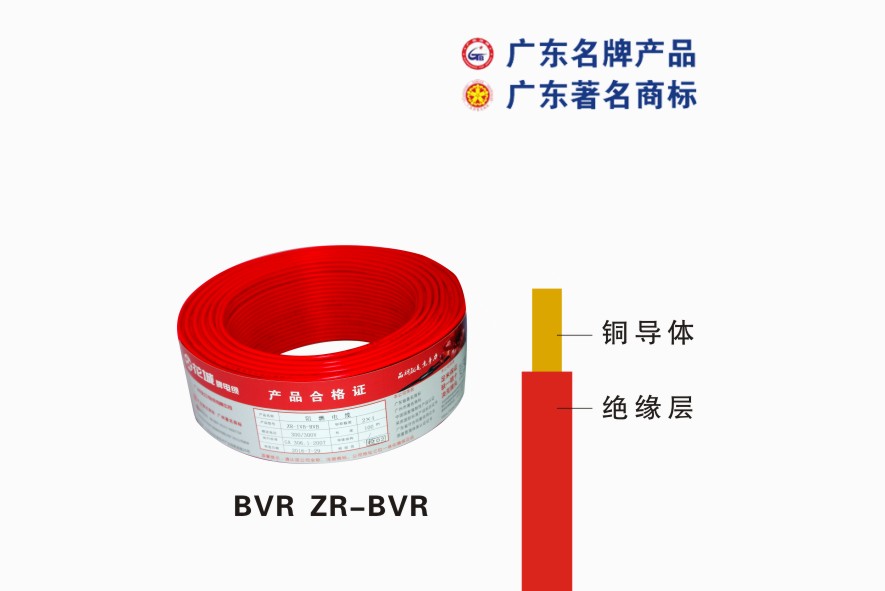 Pearl River Cable
Pearl River Cable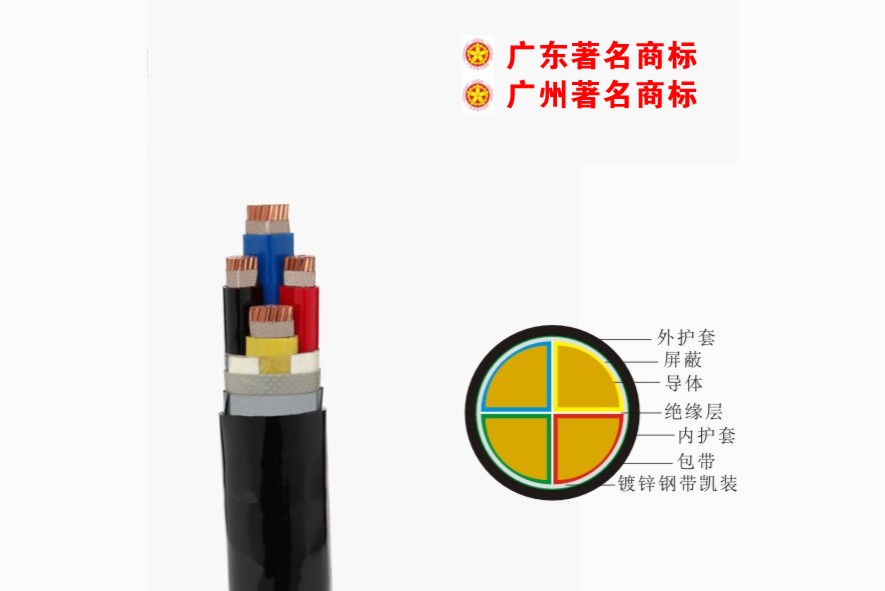 Low Voltage Cable
Low Voltage Cable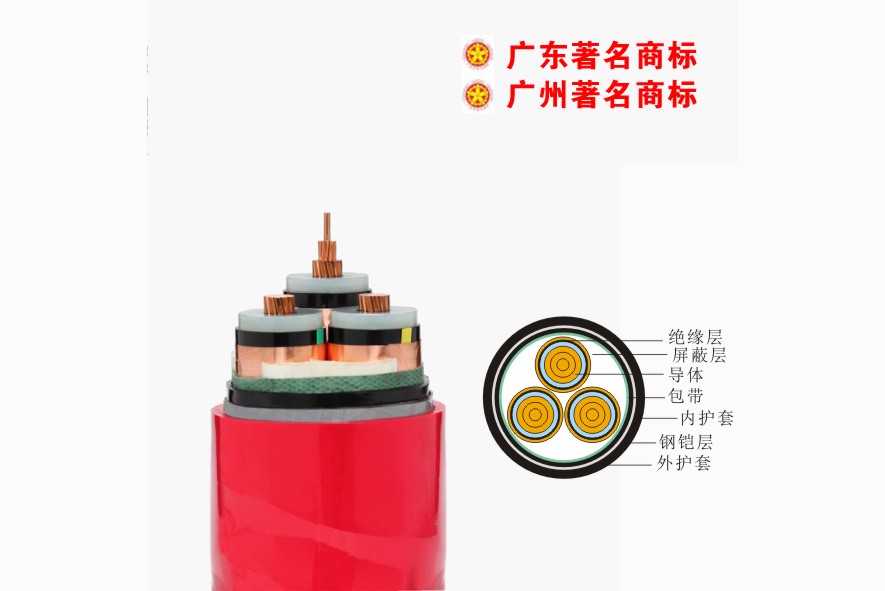 Medium Voltage
Medium Voltage Mineral Cable
Mineral Cable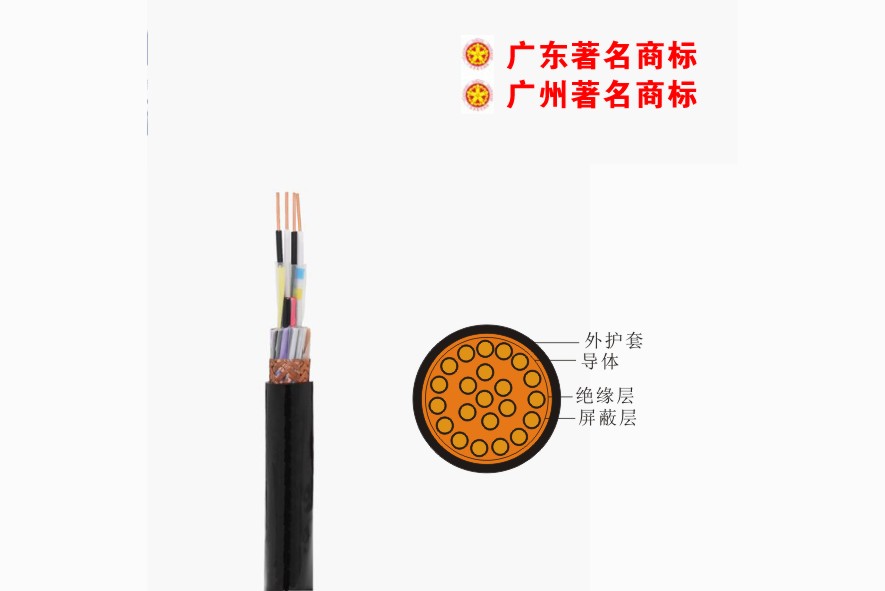 Control Signal Cable
Control Signal Cable Corporate News
Corporate News Cable Information
Cable Information Media Reports
Media Reports Network Reprint
Network Reprint


